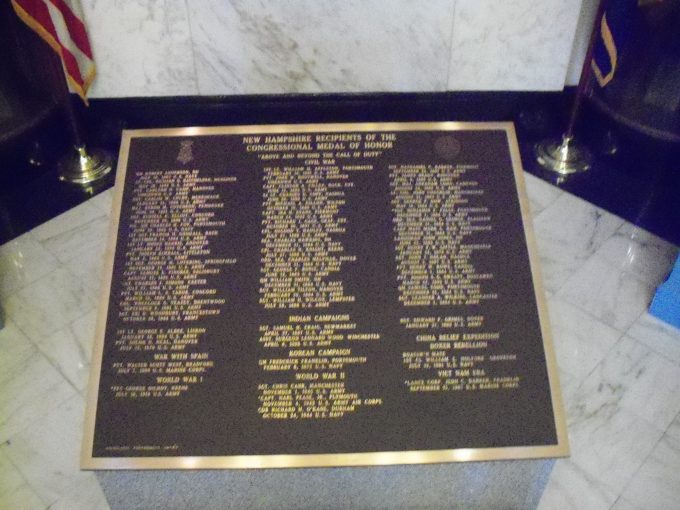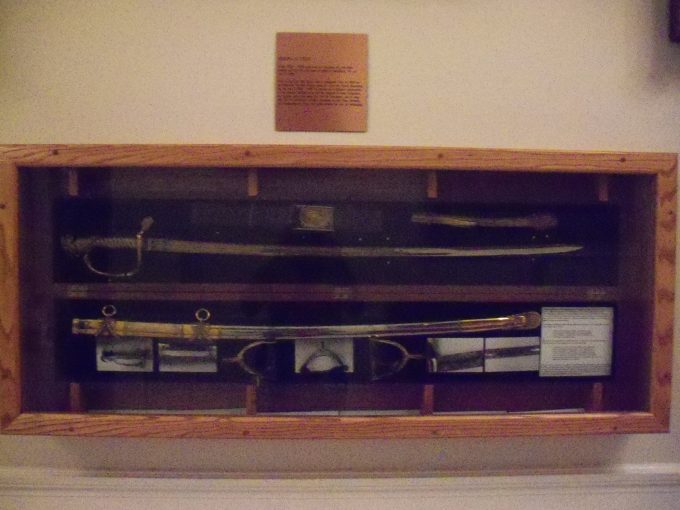
Wednesday, 6 March 2019
By faith he dwelt in the land of promise as in a foreign country, dwelling in tents with Isaac and Jacob, the heirs with him of the same promise; Hebrews 11:9
As noted in the previous verse, Abraham was called out of his home to a place which was unknown to him, and by faith he went. It wasn’t until after his arrival that he was informed that the land would be given as an inheritance. But it was not to him directly that it would be given. Rather it was to his descendants after him. As for him, he was given “no inheritance in it, not even enough to set his foot on” (Acts 7:5). This is the state of things at the time which is now described by the author. He says, “By faith he dwelt in the land of promise.”
It is exactly this sequence of events which brings in the meaning of “the land of promise.” The Greek actually reads, “a land of the promise.” It is the promise which is focused on. Whatever land was of the promise is the land which the Lord would ensure was Abraham’s inheritance. Once he had arrived in Canaan, having passed through Shechem and as far as the terebinth tree of Moreh, the inheritance was then promised –
“Then the Lord appeared to Abram and said, ‘To your descendants I will give this land.’” Genesis 12:7
This is “the promise,” and it is in the promise that the land is specified. However, the last thing recorded before that promise was made were the words, “And the Canaanites were then in the land” (Genesis 12:6). Understanding this, the land was already possessed by a people group. Despite this, Abraham was told that his descendants would possess it. Thus, the words, “By faith he dwelt in the land of promise,” show that Abraham believed what he was told and lived in faith of the fulfillment of that prophetic word. The land would be his (meaning his posterity) despite it already being claimed by others. Rather than disbelieve, he remained there “as in a foreign country.”
These words describe the words, “by faith.” Everyone who is alive has to dwell somewhere. It doesn’t take faith to keep on living. However, it takes faith to remain in a land which has been given to you, but which you do not possess, waiting for the fulfillment of the promise. During his time in Canaan, he lived without citizenship or the rights of that citizenship. Instead, he was simply a foreigner in a land which he had been promised. Therefore, Abraham was faithful to live out his life “dwelling in tents.”
As the land was not his at this time, but only by promise, he couldn’t go in and start cultivating fields, building houses, opening schools, putting up speed signs (no donkey’s over 10mph!), collecting taxes, and doing all the things that the possessor of the land would do. Rather, he had to watch the land of his inheritance benefit those who would someday be dispossessed by his descendants. All the while, he lived in tents, moved from time to time, and simply passed through time without possessing his promised possession. And this was true with his immediate family after him, both “Isaac and Jacob.”
During Abraham’s life, he waited on a son to inherit the land. By the time he was rather old, no son had come, and yet he still lived by faith. At one point, he noted to the Lord that his only inheritor was a slave, born in his house. But the Lord promised otherwise; he would have an heir from his own body. When that was slow in coming, his wife Sarah gave him her maidservant to bear a son. From her came Ishmael. But the Lord again said that he would not be the son of promise. Rather, it would be from Sarah. Eventually, Isaac was born, and from Isaac came Jacob. They were “the heirs with him of the same promise.” The Lord determined, Abraham (and subsequently Isaac and Jacob) believed, and they lived by faith in the word of the Lord.
Life application: The accounts of Abraham, Isaac, and Jacob span chapters 11-49 of Genesis. Each was filled with faults and troubles. The struggles they had with their wives, children, and health are no different than ours today. Favoritism when dealing with others, deceit in relationships, and stubbornness to yield to the better path seemed to plague them. Abraham gave in to bad advice which resulted in the birth of Ishmael – something which later caused him enormous heartache. Isaac had to send his son Jacob away before his other son Esau killed him.
Jacob didn’t restrain his children and ended up dealing with murder, incest, and immense heartache. It is easy to look at our lives today and think about how dysfunctional they are, but comparing them to these patriarchs shows that our situations are pretty normal after all. We may think our health problems aren’t deserved or are greater than they should be, but the Bible records these men suffered from the same conditions.
Today, however, we have medical facilities we can go to. And if we are laid up at home, we have TVs, air conditioners, refrigerators full of yummy food, etc. These people “lived in tents,” they had no access to the local grocery store, and they had to suffer their pains without painkillers or air-conditioned environments. When you think on the difficulties your children are giving you, remember that these men went through the same or worse.
When you think you’ve mismanaged your family relationships, don’t forget that they messed up just as badly. And as you suffer through illness or disease, no matter how bad it is, these people suffered with the same – but in much harsher conditions. In the end, though, they are remembered for one thing above all else – they lived by faith. When your time is up, God will reward you based on your faith as well. Instead of looking at the trials, pains, and troubles as insurmountable, look at them as gifts which challenge your faith. You will be rewarded as you keep your eyes on, and faith in, Jesus.
Jesus, You know the pains of our hearts, bodies, and souls; pains which never seem to end. You know our weaknesses in facing them and how hard it is to endure each day. Be with us, strengthen us, and give us the faith to endure through each difficult moment. And may You alone be glorified as we prevail by Your might. Amen.




